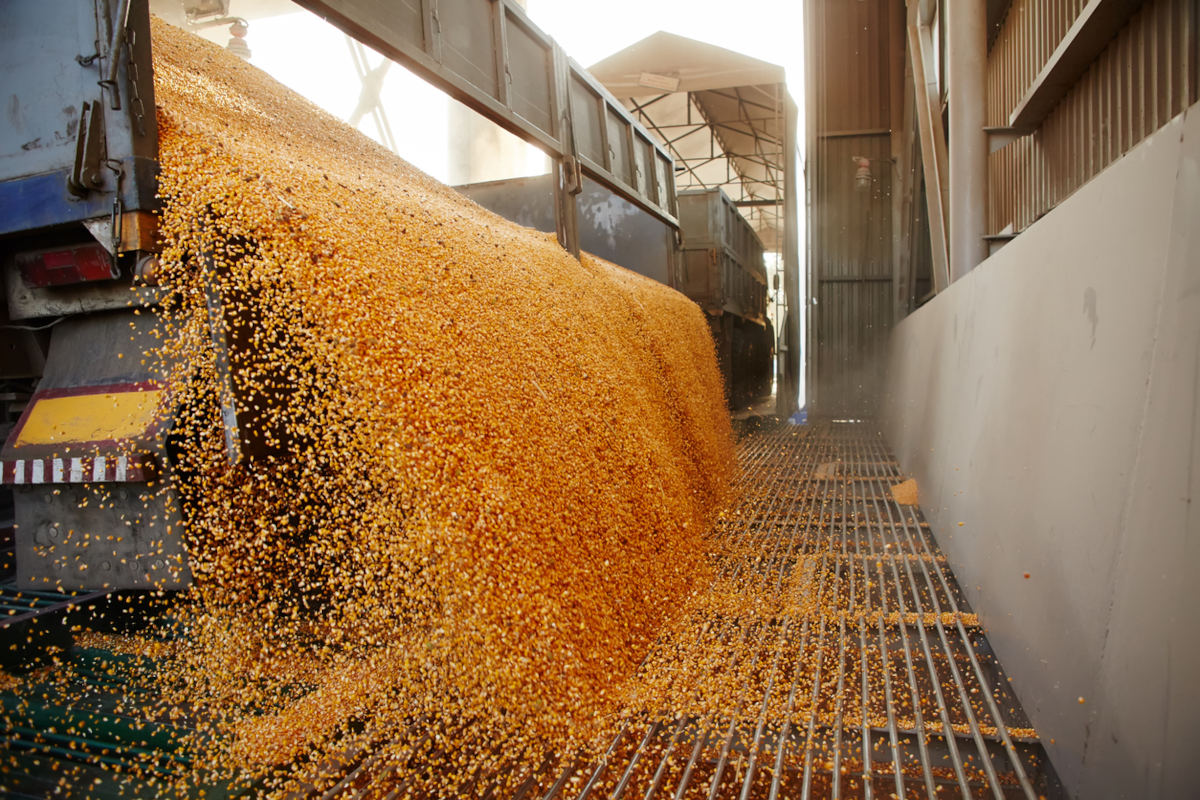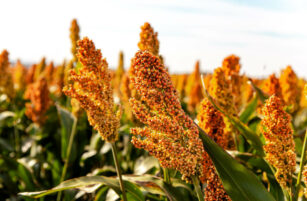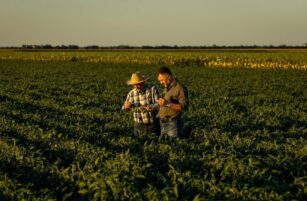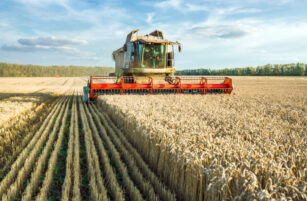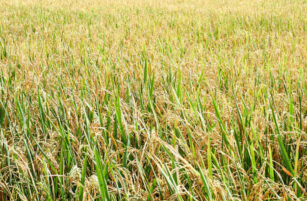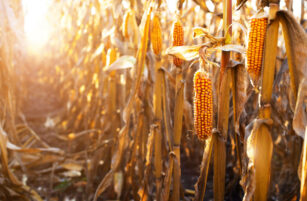Insight Focus
- Last week saw an extension of the agreement for 60 days.
- Russia’s ongoing complaints restricting their own exports.
- The political power struggle complicating the long term.
Introduction
Thursday 17th May last week, heralded another extension of the much-needed Black Sea Grain Corridor, which was due to expire the following day, the 18th May.
Impressively brokered in July 2022 by Turkey and the United Nations, between Ukraine and Russia; the agreement has enabled the safe movement of vessels transporting vital grain exports, including wheat, from strategic Ukrainian Black Sea ports, despite Russia’s invasion in February 2022.
Renewals have proved to be problematic with much protestation from Russia.
The future is far from clear and simple.
The importance of the agreement
Allowing wheat exports to the biggest importers in North Africa, where poor nations rely upon Black Sea grains, is fundamental to the success of the global grain trade.
Initially providing for safe movements for 120 days there was hope that in November 2022, this period might be extended for many more months, possibly up to one year.
This would have provided much needed stability following the price turbulence seen during the previous months.
Last week the extension was again for only 60 days on Russia’s insistence.
The problems
Fundamentally Russia is at war with the Ukraine. As such, on the face of it, there is no vested interest for Russia to allow any exports from Ukraine. Preventing exports, in turn denies the seller, in this case Ukraine, with funds needed in the battle to defend their country.
The run up to each renewal has shown the anxiety of markets. The inevitable Russian dissatisfaction has created volatility and uncertainty until continuity is firmly proclaimed in the final hours prior to expiry.
Russia has faced a barrage of sanctions, mainly from Western democracies, following their invasion of Ukraine last year.
As the largest wheat exporter in the World, in addition to their very significant exports of fertilisers, there is a need to enable vessels to move agricultural products out of Russian Black Sea ports.
This has resulted in sanctions being explicit in their desire not to prevent these agricultural exports from Russia.
Nonetheless, given that the Black Sea is, in part a war zone, there is little surprise that logistics and insurance are an ongoing issue.
A major focus of the sanctions related to the international payment system, Swift. Russia has been excluded from its use and this has caused them concern.
Russia’s political tightrope
Russia is walking a political tightrope, which was self-inflicted when they invaded Ukraine.
The United Nations have had a number of votes, instigated by Ukraine’s supporters, aimed at condemning and isolating Russia on the international stage.
As was evident in the aftermath of the first days of Russia’s invasion, a vote by the 193 member states of the UN saw 141 voted in favour of condemning Russia’s aggression, while 35 abstained and 5 voted against.
There was a clear trend in the 35 members who abstained, which included many of the world’s largest wheat importers. Their attempts to avoid direct criticism of Russia understandable, given the consequences of which could have resulted in a halting of much needed food imports from Russia.
Russia has thus been able to assert the narrative that condemnation of their ’special military operation’ in Ukraine is coming exclusively from the West.
Russia’s President Putin is presumably intent on maintaining this balance within the UN.
China is another political problem for Putin. The relationship was described as without limits by the leaders in early 2022 and Putin will surely need to maintain that official stance, even if this is not entirely true internally.
It is worth noting that China is a consistent and significant recipient of Ukrainian grains.
China is very keen to keep global economic turmoil to a minimum, which was heavily compromised following Russia’s troops rolling into Ukraine.
Leverage
President Putin is said to have expected a total Ukrainian capitulation when he ordered the Russian military into Ukraine in February last year.
It was assumed that the world’s second most powerful army would overthrow President Zelenksy’s government in Kyiv within days.
Following 455 days of war and continuing, with no end in sight, Putin needs to use all the tools in his box to his advantage.
Leverage over the sanctions imposed on Russia by the West is hard to come by.
The NATO allies are more united than ever and growing in number.
Sanctions on Russia are having an impact.
Ukraine’s supporters providing ammunition, tanks and probably fighter jets to come, are all suffocating Putin’s ambitions.
The only obvious leverage that Putin has is the Black Sea Grain Corridor Agreement.
Conclusions and perhaps the future
Putin has miscalculated his invasion of Ukraine.
Sanctions imposed by the Western democracies are hurting Russia.
China is united with Russia in countering the West’s global dominance, but this support does not appear truly limitless.
The world’s poorest nations need Russia’s wheat and grains. Russia needs the continuation of this trade.
Putin needs the Russian population to believe that this is a Russian fight for survival against the West with some UN members in support.
Suggesting that sanctions against Russia are hindering the global wheat and grains trade, gives Putin the opportunity to appear the ‘good guy’ in renewing the Black Sea Grain Corridor Agreement.
It therefore seems unlikely that there will be any lengthening of agreement extensions, in order for Putin to maintain the focus every 60 days.
Nonetheless, not extending the agreement would create turmoil to the world economy that would infuriate the Chinese and disrupt the tightly balance grains trade, with potentially devastating impacts on the wheat importers reliant on Russian wheat.
President Putin’s Russia can attempt to leverage against the Western sanctions using the Black Sea agreement, but it would seem political insanity for them to stop it for any prolonged period.
Ultimately there are no real winners if the Black Sea Grain Corridor does not prevail.
